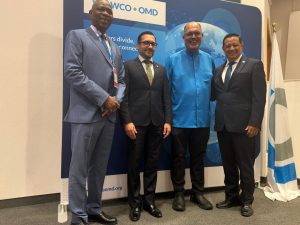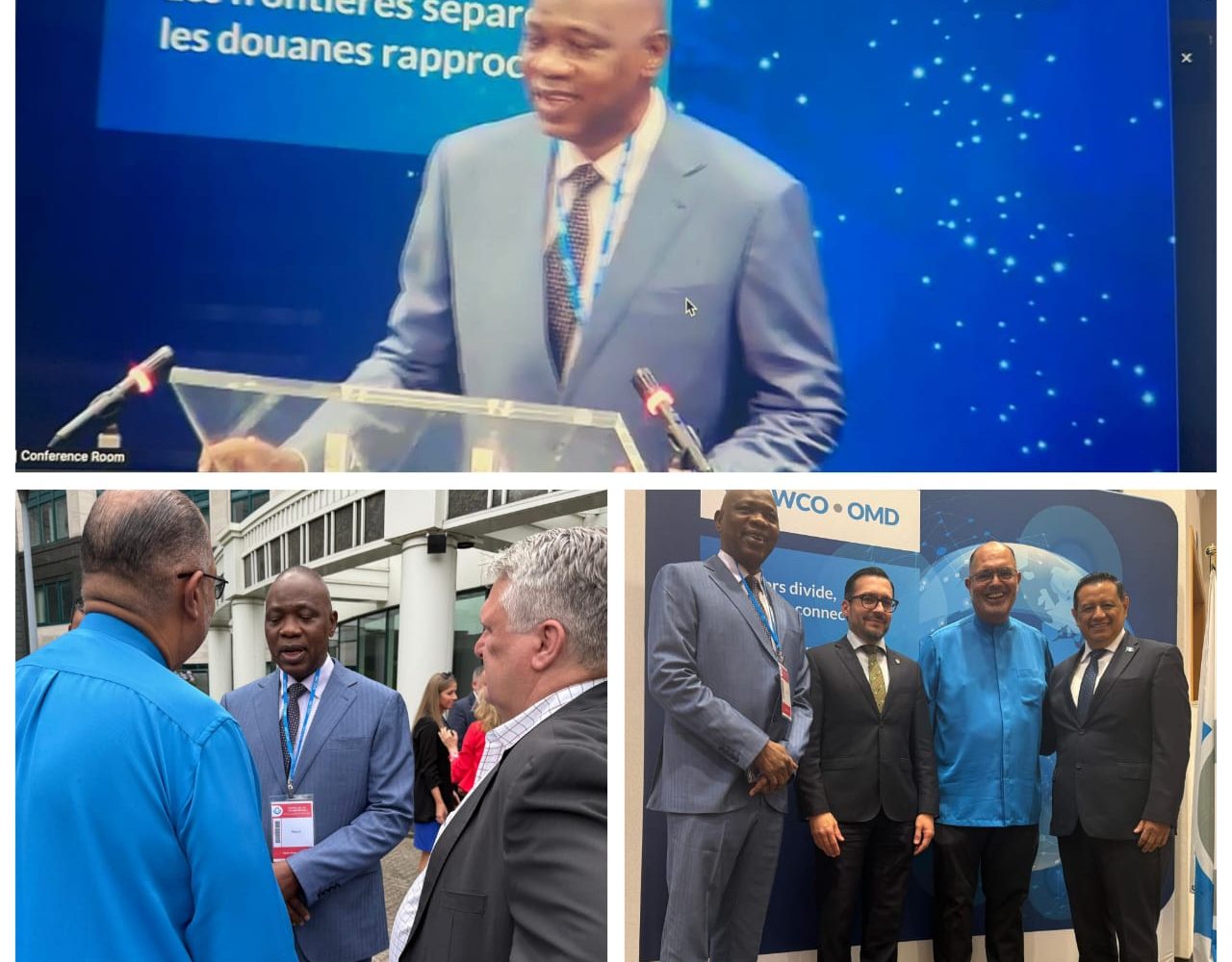Nigeria has assumed a strategic global leadership role in customs administration with the unanimous election of Comptroller-General of Customs (CGC), Bashir Adewale Adeniyi, as Chairperson of the World Customs Organisation (WCO) Council.
The election was held on June 28, 2025, at the WCO Headquarters in Brussels, marking a significant milestone for Nigeria and the African Customs community.
CGC Adeniyi becomes the first Nigerian to hold this prestigious office since the WCO’s establishment, succeeding Edward Kieswetter, Commissioner of the South African Revenue Service.
Adeniyi expressed gratitude to the Council members for the confidence reposed in his leadership, describing the moment as both humbling and historic.
As Chairperson, Adeniyi pledged to uphold the core values of the WCO, promoting innovation, equity, and deeper collaboration among member states.
He emphasized the need for customs to balance facilitation with enforcement, transparency with innovation, and sovereignty with cooperation in the evolving global trade landscape.
As Chairperson, CGC Adeniyi will provide strategic leadership to the WCO Policy Commission, steering the global customs agenda and facilitating high-level discussions on trade facilitation, revenue optimisation, security, cross-border cooperation, and digital transformation.
He will work closely with the WCO Secretary-General and the WCO Secretariat to implement the organisation’s Strategic Plan.
In a symbolic gesture signifying Nigeria’s ascension, the South African flag was lowered, and the Nigerian flag was hoisted at the WCO headquarters, met with applause from delegates.
This moment marks a proud moment for the continent and affirms Nigeria’s growing influence in global customs affairs.
Under CGC Adeniyi’s chairmanship, Nigeria is poised to drive customs reform conversations across the Global South, focusing on areas like AfCFTA implementation, illicit trade suppression, and technology adoption.

With 185 member states, the WCO Council’s policy decisions will guide customs administrations worldwide, positioning Nigeria as a key player in shaping global customs policies.









Comment here